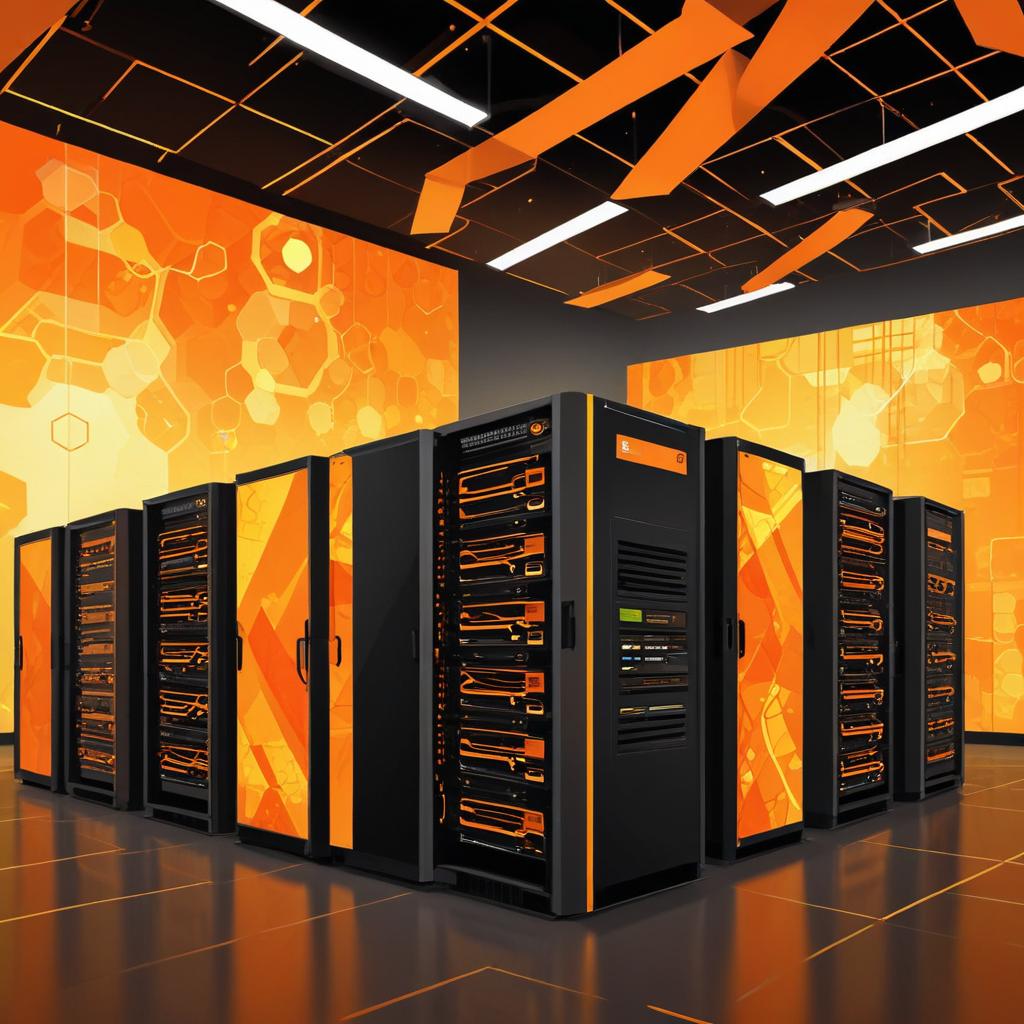Revolutionizing IT: The Push Towards Sustainable Server Backup Practices

Data centers now consume more electricity than entire countries, and with an explosion in global data creation projected to hit 175 zettabytes by 2025, our traditional backup methods face increasing scrutiny. The article "Why Smarter Server Backup Is Key to Sustainable IT Practices" by Gary Davis outlines how smarter backup solutions can dramatically lessen both energy consumption and environmental impact.
Key takeaways from the piece
- Emerging Technologies: Innovations like deduplication, compression, and incremental backups offer an effective way to manage data with less resource consumption.
- Environmental Benefits: By adopting these smarter solutions, organizations can significantly reduce their carbon footprints while ensuring data protection.
- Long-Term Sustainability: Creating a hybrid approach that combines on-premises and cloud storage can further maximize energy efficiency and minimize environmental impact.
These insights create a picture of a path forward that is as much about protecting our planet as it is about protecting our data. The question that arises, however, is whether the excitement around these technologies might overshadow their practical limitations.
Yes, adopting smarter backup solutions indeed seems promising. The claim that deduplication can shrink storage needs from 300TB to just 15-30TB offers a staggering incentive for companies to transition. Yet, one must ask: how many organizations will effectively implement these advanced technologies? While deduplication and compression sound fantastic, the underlying assumption here is that all businesses have the means and understanding necessary to integrate them into their existing systems. Many small and mid-sized firms may struggle, lacking the infrastructure or technical know-how to transition smoothly.
Furthermore, although virtualization improves server utilization, can we fully disregard the potential downtime during migration? Transitioning to a virtualized environment presents its own set of challenges, including the need for ongoing training and the inherent risk of errors during the initial phases.
While the enthusiasm for hybrid models offers exciting possibilities, the claim that cloud providers can reduce emissions by up to 98% compared to on-premises deployments raises questions about data transfer. Large-scale backups frequently require heavy data transmission, which could negate any gains made through energy-efficient cloud computing. The nuances of each organization's needs complicate the situation further.
Let's not forget the overarching concern about costs. Organizations often hesitate to invest in infrastructure upgrades due to tight budgets, questioning whether sustainable options justify the expense. A single misstep could render their investments moot, leading to a return to outdated, energy-hungry practices.
The positives are hard to ignore. Companies embracing these smarter backup technologies are not only doing their part for the environment; they are also setting themselves up for long-term success. These practices contribute to cost savings and establish a resilient IT infrastructure, all while enhancing recovery capabilities.
At DiskInternals, we focus on developing data recovery software designed for both virtual and physical environments. With extensive knowledge in preventing data loss, we appreciate the importance of robust and sustainable data backup solutions. Our commitment to facilitating data recovery processes enhances the reliability and efficiency of IT infrastructures across various industries.
The road to sustainable IT practices is complex, but it is paved with opportunities for those willing to innovate. By reconsidering how we back up and protect our data, we don't merely adapt; we enhance both our environments and our organizational efficacy.